Amazon India and Walmart Flipkart claiming the highest sales ever in the festive season sale that ends on Friday. This is the battle of No. 1 slot in the Indian e-commerce space.
The Flipkart’s Big Billion sales started on Saturday night (8 pm) for its Flipkart Plus customers, whereas Amazon India’s has Great Indian Festive sales which began at noon on the same day for Prime subscribers. Both the companies have opened their sale at midnight for all customers.
This period gave an extraordinary sales period for the company, Flipkart said. Kalyan Krishnamurthy, the CEO, Flipkart Group, said on phone call, “We have more than doubled our transaction units, customers from tier II, III cities, which was the biggest focus for us. We believe we are closing the six days (of sales) with 70-75% of the festive market share. New customer growth is 50-60%.”
However, Amazon.in said that it was the biggest Great Indian Festival with smartphones and fashion growing 15 fold and 5 fold respectively. And also, large category appliances grew eight times and nearly half of the sales came from lower-tier cities.
Read EquityPandit’s Nifty Outlook for the Week
Govt to impose 10% import duty on desi chana from 1st April
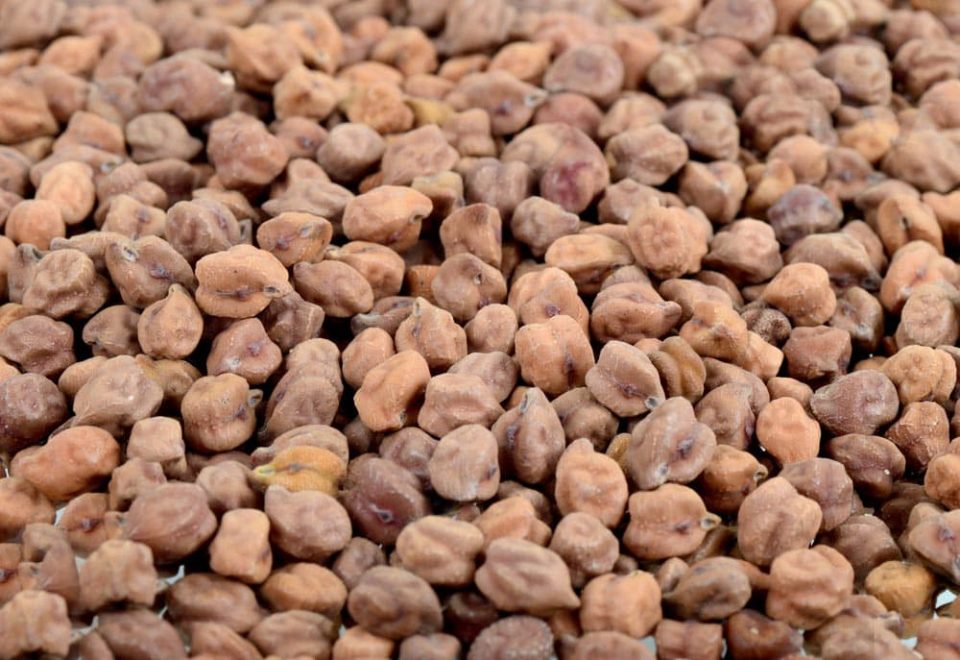
The government will impose a 10% import duty on desi chana (Bengal gram) from 1st April.
In May last year, the government allowed duty-free import of chana to boost domestic availability and control prices. This waiver was set to last until 31st March 2025.
According to a finance ministry notification dated 27th March, the import of Bengal gram will now attract a 10% duty starting from 1st April.
Government data estimates chana production at 11.5 million tonnes in 2024-25, up from 11 million tonnes in the previous year.
Stay Ahead with Stocks. Ask the Analyst.
The future of investing is here!
Unicorn Signals leverages advanced AI technology to provide you with powerful market predictions and actionable stock scans. Download the app today and 10x your trading & investing journey!
Karnataka to Hike Toll Rates by 3-5% from 1st April
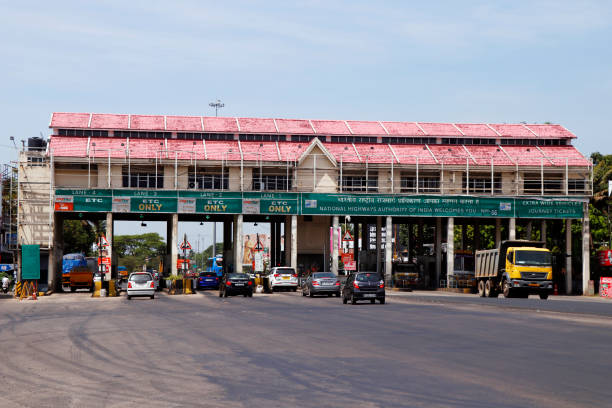
Karnataka will increase toll rates by 3-5% from 1st April, with an official notification expected soon.
According to reports, the state has 66 toll plazas, and the revised rates will apply based on the concessionaire period. NHAI Bengaluru Project Director KB Jayakumar confirmed that the hike will range between 3% and 5%.
Karnataka State Travel Operators’ Association president Radhakrishna Holla stated that the increased toll charges would be passed on to customers.
Toll rates will rise at key plazas, including Kaniminike, Sheshagirihalli, Nangli, Bagepalli, Sadahalli, Hulikunte, and Nalluru Devanahalli.
Union Minister Nitin Gadkari announced plans for a new toll policy and revealed that India’s toll collection reached Rs 64,809.86 crore in 2023-24, marking a 35% increase.
Wondering About A Stock? The Analyst Has Answers.
Unicorn Signals leverages advanced AI technology to provide you with powerful market predictions and actionable stock scans. Download the app today and 10x your trading & investing journey!
Maharashtra Drops 6% Luxury EV Tax After Industry, Public Backlash
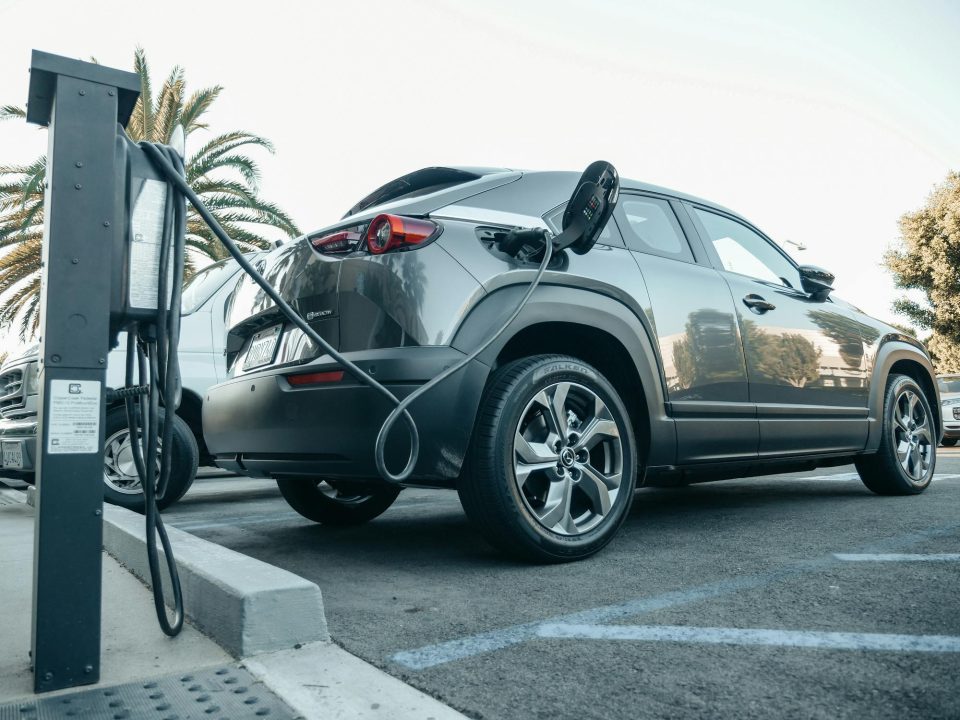
Maharashtra CM Devendra Fadnavis announced on Wednesday that the state has scrapped the proposed 6% tax on EVs priced above Rs 30 lakh.
The tax, part of the 2025-26 budget, faced backlash from carmakers and others, who argued it would hurt EV adoption and pollution control efforts.
Shiv Sena (UBT) leader Anil Parab opposed it, saying it went against Maharashtra’s push for cleaner vehicles.
Fadnavis agreed, stating the tax wouldn’t generate much revenue and could discourage EV adoption.
Other budget changes, like a 1% tax hike on CNG and LPG vehicles and a 7% tax on construction and light goods vehicles, will take effect from 1st April 2025.
Maharashtra is emerging as an EV hub, with new factories, rising EV registrations, expanded charging networks, and 2,500 electric buses set to join public transport.
Curious About EV Stocks? Ask the Analyst.
Ready to invest like a pro? Unicorn Signals app equips you with 100+ Free tools and knowledge you need to succeed. Download the Unicorn Signals app and gain access to daily stock lists and insightful market analysis and much more!
India Considers Tariff Reductions on $23 Billion in US Imports to Protect $66 Billion in Exports
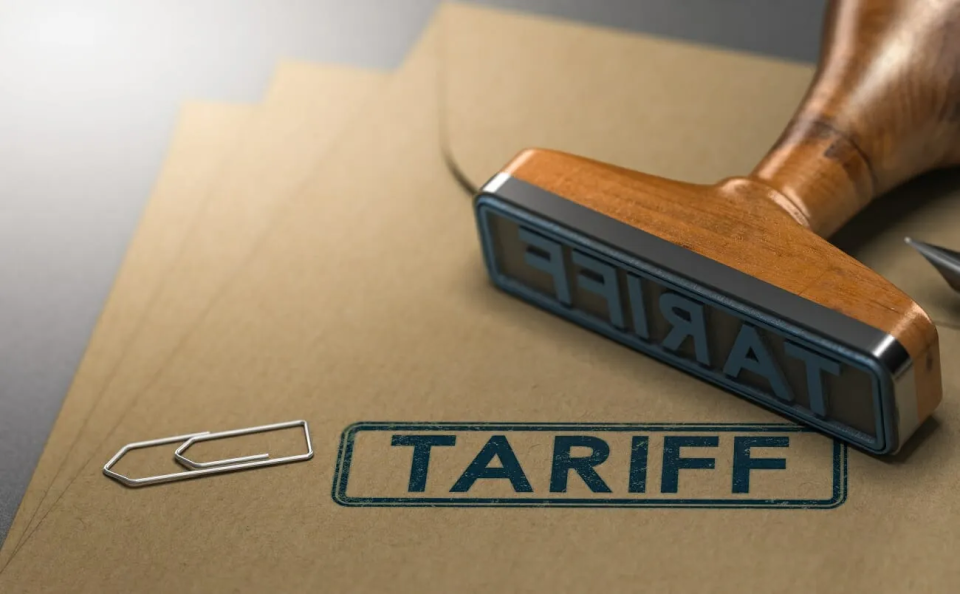
India is considering lowering tariffs on over half of $23 billion worth of US imports as part of an ongoing trade deal with the United States, two government sources revealed. This move, the most significant tariff cut in years, is aimed at preventing retaliatory US tariffs.
With US President Donald Trump’s new reciprocal tariffs set to take effect on April 2, global markets have been rattled, and policymakers, including those in Western nations—are rushing to respond.
According to an internal assessment, 87% of India’s exports to the US, worth $66 billion that could be impacted by these tariffs, two sources familiar with the matter told Reuters.
As part of the proposed agreement, India is prepared to reduce tariffs on 55% of US goods currently taxed at 5% to 30%. In some cases, tariffs could be significantly lowered or even eliminated on over $23 billion worth of imports, according to one of the sources.
Neither India’s trade ministry, the Prime Minister’s Office, nor a government spokesperson responded to requests for comments.
Trade Deficit and Tariff Comparison
- The US trade-weighted average tariff is 2.2%, compared to India’s 12%, based on World Trade Organization (WTO) data.
- The US runs a $45.6 billion trade deficit with India.
Ongoing Negotiations
During Prime Minister Narendra Modi’s US visit in February, the two nations agreed to initiate trade talks to resolve tariff disputes. Assistant US Trade Representative Brendan Lynch will lead a delegation for negotiations starting Tuesday.
However, Indian officials emphasized that any tariff reductions would depend on securing relief from US reciprocal tariffs. The final decision is yet to be made, and alternative options, such as sector-specific adjustments and product-by-product tariff negotiations, are also under discussion.
Additionally, India is exploring broader tariff reforms to lower trade barriers across sectors, but these discussions are still in their early stages and may not be part of the immediate US trade talks.
India’s First Hydrogen Train Delayed, Now Expected by June
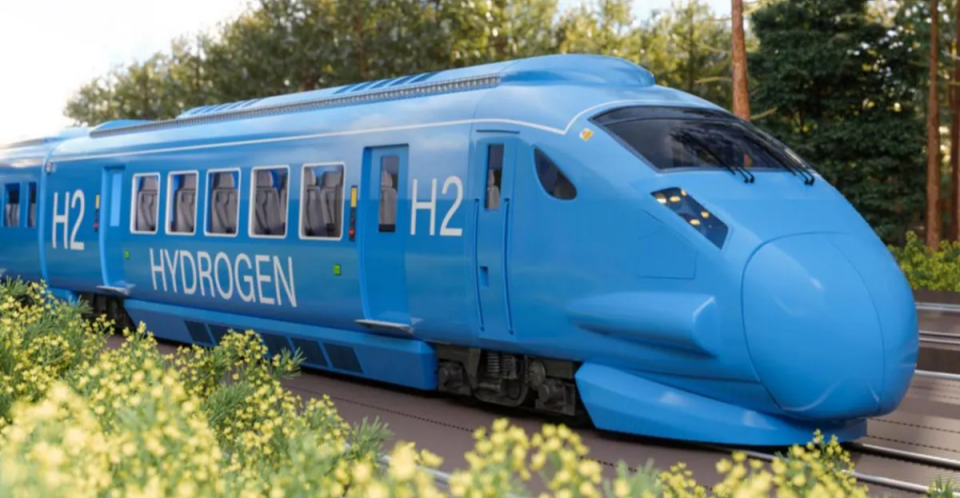
India’s first hydrogen fuel cell train is delayed until June due to technical issues found during testing. Initially, it was set to launch on the Kalka-Shimla route by December 2024.
The train requires a larger fuel cell for full-capacity operations. Testing showed it could complete the 96 km journey on a single cell but struggled at full load in extreme weather.
Indian Railways will modify the train over the next two to three months. Officials noted it may need to run at reduced speeds under heavy loads in temperatures below 5°C or above 35°C.
Track upgrades between Shimla and Kalka are underway to support speeds of around 100 km/hr, ensuring better efficiency once the train is operational.
The train, manufactured by the Integral Coach Factory, is part of India’s Rs 2,800 crore push for zero-emission mobility, with plans to develop 35 hydrogen-powered trains.
Currently undergoing trials on the Jind-Sonipat route, it will feature a 1,200-horsepower engine, making it the world’s most powerful hydrogen train. Fuel cell operations require 40,000 litres of water per hour.
India joins Germany, China, and the UK in adopting hydrogen rail technology. The project includes hydrogen refuelling infrastructure with safety approvals in place, reinforcing Indian Railways’ goal of carbon neutrality by 2030.
Stock Insights? Let the Analyst Guide You.
Unlock profitable opportunities every day! Unicorn Signals provides actionable intraday trading signals for stocks and futures. Don’t miss out – download Unicorn Signals and start winning now!






